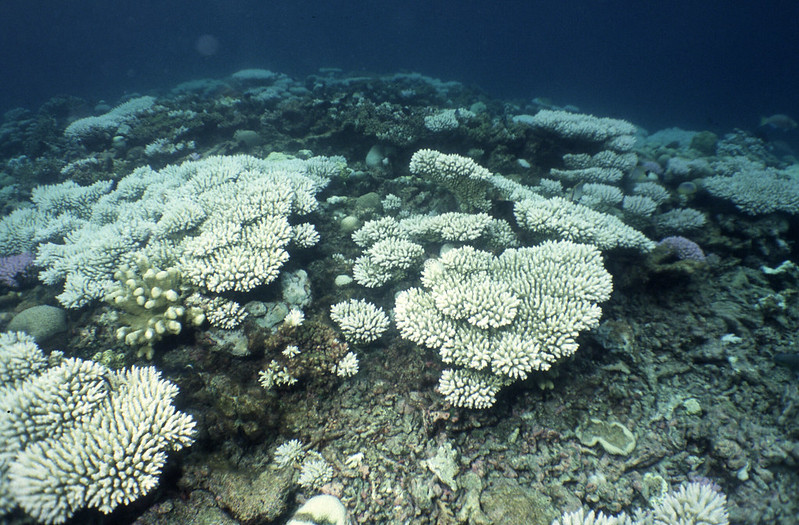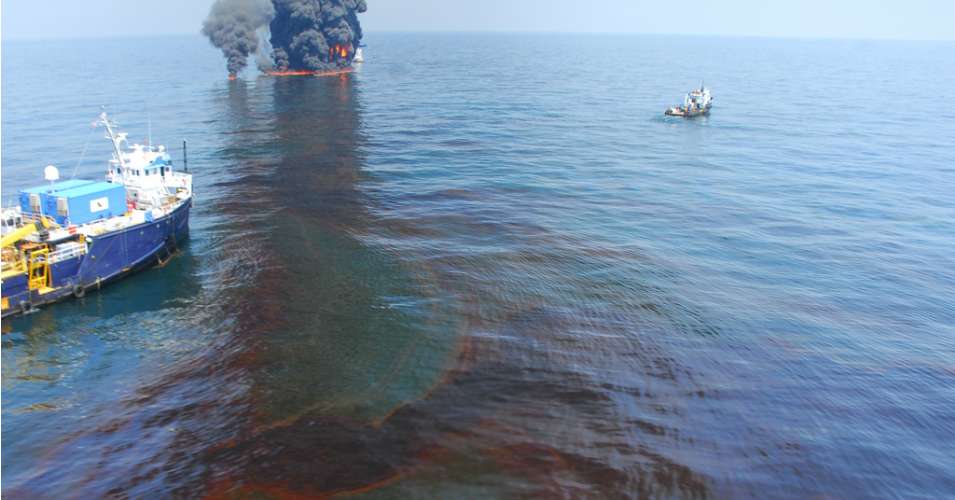“Our analysis shows that ExxonMobil’s own data contradicted its public statements, which included exaggerating uncertainties, criticizing climate models, mythologizing global cooling, and feigning ignorance,” said lead author Geoffrey Supran.
By Jessica Corbett. Published 1-12-2023 by Common Dreams

Exxon Mobil Refinery in Baton Rouge, Louisiana. Photo: WClarke/Wikimedia Commonns/CC
“This is the nail in the coffin of ExxonMobil’s claims that it has been falsely accused of climate malfeasance.”
That’s what University of Miami associate professor Geoffrey Supran said about a peer-reviewed study on the fossil fuel giant’s global warming projections published Thursday in the journal Science, which he began work on as a Harvard University research fellow. Continue reading



